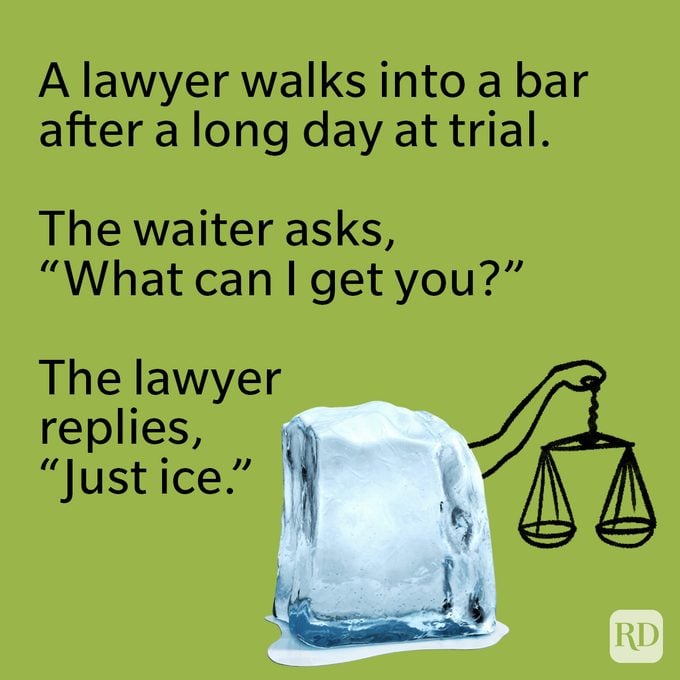4 Jobs AI Will Replace First

(and How to Stay Safe in Your Career)
We’ve all heard the story: AI is coming for entry-level jobs. Customer service reps. Admin assistants. Data entry clerks. And yes, that’s true. But focusing only on junior roles misses the bigger picture. Some of the highest-paid, most prestigious jobs are also in AI’s firing line so let’s chat through the 4 jobs AI will replace first.
If you’ve ever thought, “I’ve built a career on this — surely I’m safe”, think again. Because AI doesn’t just threaten low-skill, repetitive work. It’s creeping into roles that once felt untouchable.
Let’s break down the four jobs most at risk of being replaced by AI — and more importantly, how to make sure you’re not one of them.
Job #1: Content Creators (Yes, Including L&D)
Let’s rip the band-aid off: content-heavy roles are right at the top of AI’s replaceable list. Copywriters, marketers, journalists — and yes, even those of us in Learning and Development.
If your value lies purely in pumping out eLearning modules, templated courses, or slide decks, AI can already do that. I’ve tested it. It’s scarily good.
Same for L&D admin roles. Uploading courses, scheduling classes, sending reminders? That’s click-of-a-button territory now. And those jobs are going to become more and more scarce.
But here’s the good news: business-as-usual is what’s replaceable, not you.
If you’re an Instructional Designer who specializes in creating learning pathways that are inclusive of neurodivergent learners? You’re in. That’s nuance AI can’t replicate.
If you’re an L&D admin who also knows how to optimize marketing messaging so learners actually engage with training? You’re in. That’s strategy layered on top of logistics.
Content itself isn’t impact. Content is cheap. Impact is where your job security lives. Differentiate yourself, or risk getting left behind.
Related resource: Download the AI-Proof Skills Checklist to see the skills that make you irreplaceable.
Job #2: Lawyers & Compliance Roles

At first glance, lawyers and compliance professionals seem untouchable. They’re high-prestige roles that require years of study. Yet many of the repetitive, task-based activities these roles rely on are exactly the kind of jobs AI will replace.
Think about scanning contracts, reviewing thousands of pages of case law, or drafting boilerplate legal documents. AI can now complete this work in minutes.
But here’s the problem: AI is terrible at judgment. Consider the now-famous case of a lawyer who used ChatGPT to prepare legal arguments. It seemed fine, until he cited Monroe vs. Olivia (fictional names but the example is true) — a case that never existed. AI made it up because it’s designed to give an answer, even if no real answer exists (BBC News).
That’s why AI won’t fully replace lawyers, doctors, consultants, or managers. These professions require human skills that machines lack:
- Applying judgment to ambiguous situations.
- Negotiating deals in rooms full of humans.
- Influencing executives, clients, or juries.
- Bringing empathy and nuance to complex disputes.
AI can handle inputs. Humans own the context. And context is everything. That’s where your job security lives.
Job #3 AI will replace: Financial Analysts and Accountants
This one stings. For years, financial analysts and accountants have felt safe thanks to certifications and technical training. But increasingly, these are jobs AI will replace — at least the task-based parts.
Big accounting firms are already experimenting with AI-driven audits. Hedge funds are running AI-powered predictive models. If your day is consumed by building reports, producing forecasts, or auditing data, your work is on borrowed time.
This isn’t new. In A Random Walk Down Wall Street, Burton Malkiel recalls the once-prestigious profession of “charting.” Experts analyzed market patterns to help clients “beat the market.” Then came computers and the internet, which could pull up charts instantly. That entire profession vanished.
AI is today’s version of that disruption. If all you do is crunch numbers, your days are numbered. But the survivors will be the professionals who:
- Translate numbers into stories leaders can act on.
- Spot human and market behaviors behind the data.
- Build trust and foresight AI can’t replicate.
Computers can process numbers. Humans give them meaning. And meaning is where value lives.
Job #4 AI will replace: Managers and Leaders Who Don’t Lead
And finally, the toughest pill to swallow: managers.
AI won’t just replace entry-level jobs. It’s also targeting the middle layer of managers who don’t actually lead. If your day is approving timesheets, tracking tasks, or passing information up and down the chain, AI can already do that — faster and cheaper.
This matters because it’s not about losing “easy” jobs. It’s about exposing managers who’ve forgotten that leadership is about people, not process.
Bottlenecks don’t survive in an AI-driven world. But true leadership does. The managers who thrive will be the ones who:
- Inspire trust in uncertainty.
- Coach their people to grow and adapt.
- Shape culture so employees want to stay.
- Make hard calls in ambiguous, human situations.
This is also a wake-up call for L&D professionals. Your people don’t need another time management class. They need development in resilience, growth mindset, emotional intelligence, and connection.
The workplaces where managers actually lead will be the ones that thrive. Everyone else? They’ll bleed talent, and AI will only make it happen faster.
So, where does that leave us when it comes to the 4 Jobs AI will Replace first?
Yes, AI is replacing jobs. But that’s not the whole story. The people — and the companies — who will thrive are the ones who double down on what makes us human.
Because the future of work doesn’t belong to the robots. It belongs to the people who can connect when others disconnect, who can influence when others freeze, and who can lead when everything feels uncertain.
This is your moment. To step out of survival mode and into a future where your skills, your humanity, and your impact are the difference-makers.
That’s not just job security — that’s legacy.
Next step: Download the AI-Proof Skills Checklist. It’s your personal survival kit for building the skills AI can’t touch — and your roadmap to thrive in this new world of work.
Hi there, I'm Candice Mitchell!
Hi there,
I'm Candice Mitchell!
Meet the Author
I work with corporate clients carving out strategic Talent Development plans. I’ve been where you are now, and not only have I put in all the hard work and made all the mistakes that finally enabled me to get to a place of progression and impact that we talk of, but I’ve placed it all together in a signature program, The Talent Development Academy®.